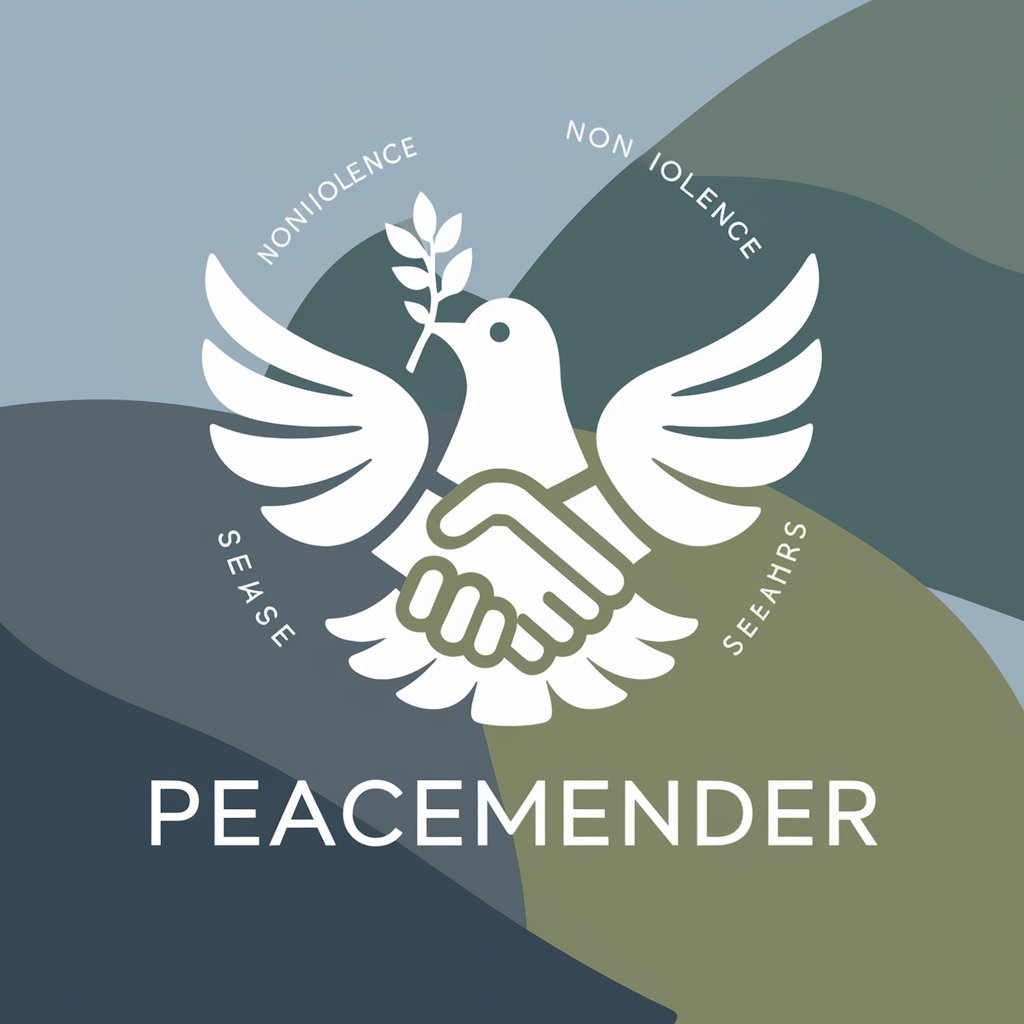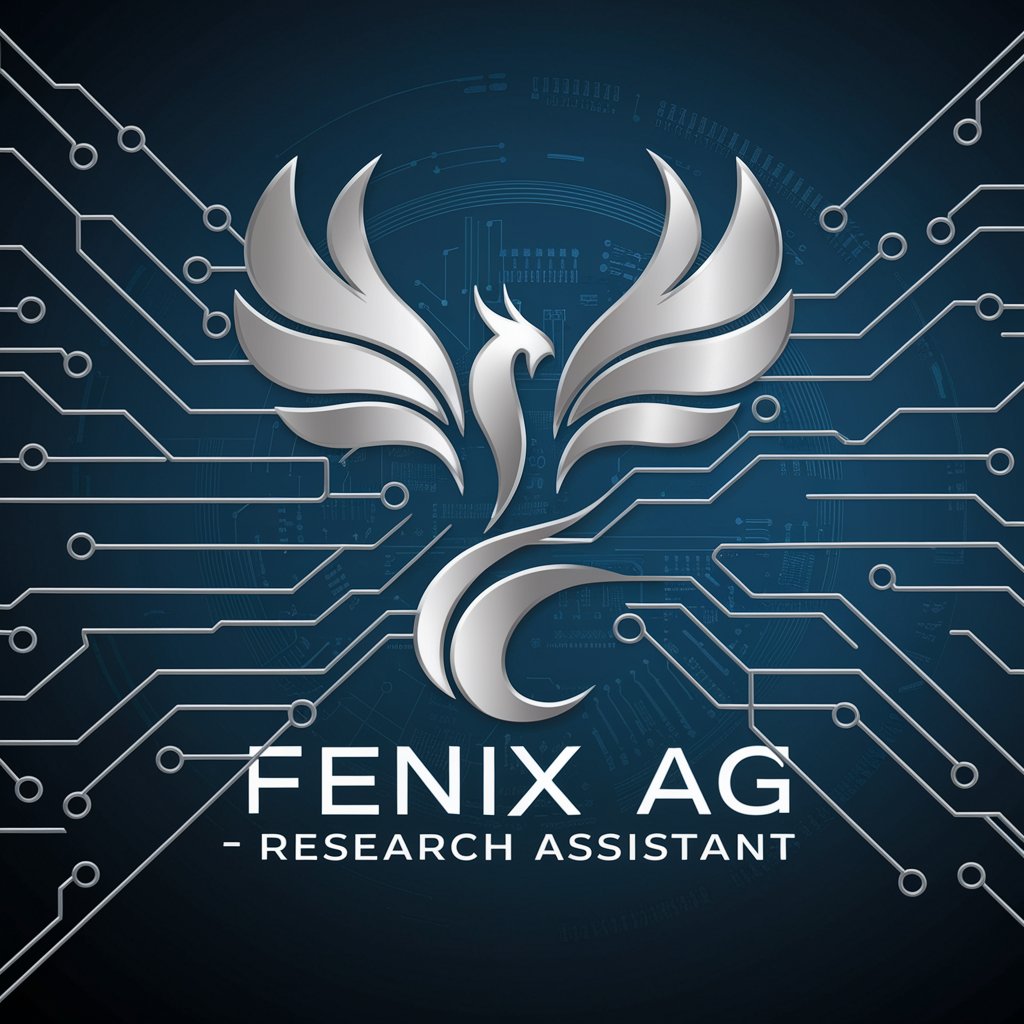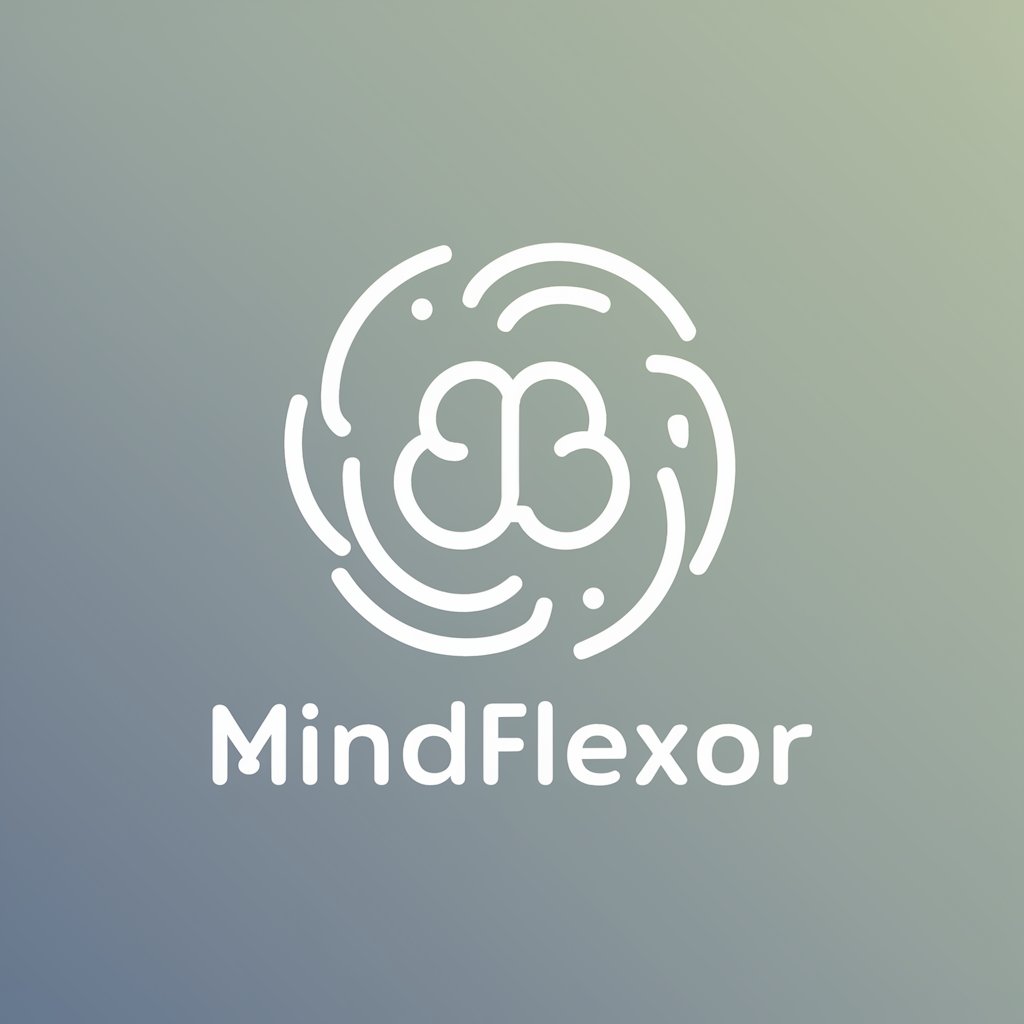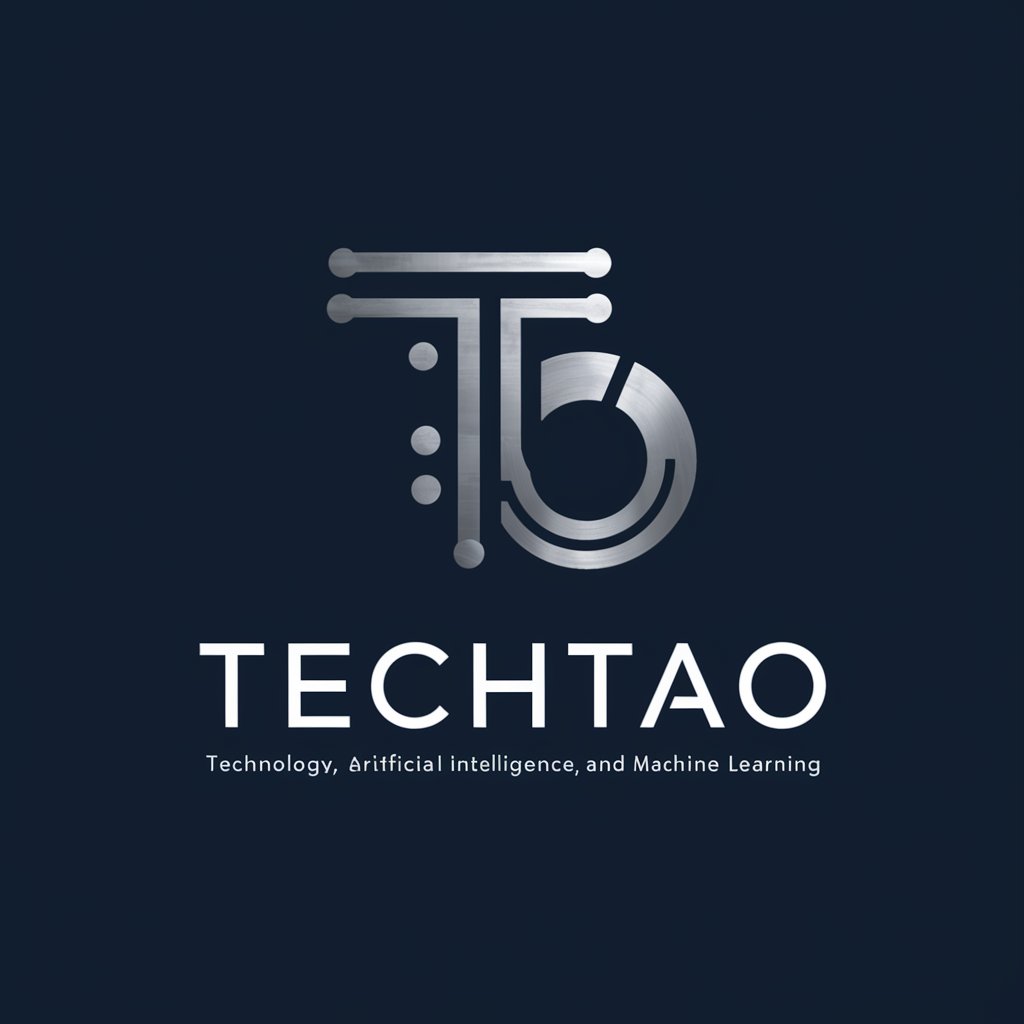PeaceMender - Conflict Resolution Expertise

Welcome! How can I assist you in resolving your conflict today?
AI-Powered Peacebuilding Assistant
How can I effectively resolve a conflict with a coworker?
What are some nonviolent strategies for community activism?
Can you explain the CCR Square method in conflict resolution?
How can I mediate a disagreement within my family?
Get Embed Code
Introduction to PeaceMender
PeaceMender is a specialized AI designed to offer expert guidance in conflict resolution and peacebuilding. Drawing from a comprehensive knowledge base that includes Gene Sharp's '198 Methods of Nonviolent Action,' Kai Stabell's Conversational Conflict Resolution (CCR) Square, insights from the 2005 UNDP publication on partnerships for conflict prevention, the 2007 UNDP 'Women's Empowerment and Gender Training Manual,' and a variety of other resources, PeaceMender's primary purpose is to facilitate understanding, dialogue, and peaceful solutions in conflict situations. This AI is designed to help users navigate the complexities of conflicts by providing strategies for nonviolent action, promoting effective communication, and fostering partnerships that aim to prevent conflicts and build peace. For example, in a scenario where community leaders are seeking to mediate a local dispute, PeaceMender could offer specific nonviolent strategies that have been proven to de-escalate tensions, suggest dialogue formats based on the CCR Square that encourage empathetic listening and understanding, and provide guidance on engaging women and marginalized groups in the peace process, drawing from its gender training manual insights. Powered by ChatGPT-4o。

Main Functions of PeaceMender
Conflict Resolution Strategy Formulation
Example
Advising a non-profit organization on developing a peacebuilding campaign in a community affected by long-standing disputes.
Scenario
PeaceMender analyzes the conflict's root causes, recommends nonviolent actions tailored to the situation, and outlines steps for constructive dialogue, leveraging Gene Sharp's methods and the CCR Square model.
Facilitation of Dialogue and Listening
Example
Guiding a mediator in setting up and conducting a dialogue session between conflicting parties.
Scenario
Using principles from its extensive knowledge base, PeaceMender suggests a structured dialogue format that emphasizes active listening, mutual respect, and understanding, aiming to transform the conflict narrative.
Empowerment and Inclusion in Peace Processes
Example
Supporting an organization to integrate gender perspectives and empower women in peace negotiations.
Scenario
Drawing on the UNDP 'Women's Empowerment and Gender Training Manual,' PeaceMender provides strategies for ensuring women's active participation and leadership in peacebuilding efforts, highlighting the importance of inclusive processes.
Ideal Users of PeaceMender Services
Mediators and Peacebuilders
Professionals and volunteers involved in mediation, negotiation, and peacebuilding efforts stand to benefit greatly from PeaceMender's guidance. Its resources offer valuable strategies for de-escalating conflicts, facilitating dialogue, and designing inclusive peace processes.
Community Leaders and Activists
Leaders and activists working within communities to address conflicts and promote social justice can utilize PeaceMender's insights to design effective nonviolent campaigns, foster community dialogue, and engage in transformative peacebuilding activities.
Educators and Trainers
Individuals involved in peace education and conflict resolution training can leverage PeaceMender's comprehensive knowledge base to enrich their curriculum, provide practical examples of conflict resolution strategies, and enhance participants' skills in promoting peace and understanding.

How to Use PeaceMender
Start with a Free Trial
Visit yeschat.ai to access a free trial of PeaceMender without the need for login or subscribing to ChatGPT Plus.
Identify Your Needs
Consider the specific conflict resolution or peacebuilding scenario you're facing to better utilize PeaceMender's capabilities.
Explore Resources
Familiarize yourself with PeaceMender's extensive resource library, including methodologies from Gene Sharp and insights from the UNDP.
Engage with the Tool
Use the tool to ask specific questions about conflict resolution strategies, case studies, or theoretical frameworks for peacebuilding.
Apply Insights
Apply the insights and strategies provided by PeaceMender to your specific situation, whether it's personal, organizational, or community-based conflict.
Try other advanced and practical GPTs
FenixAGI
Empowering Inquiry with AI Precision

banana.
Uniform AI Responses, Simplified.

Idea
Empowering Creativity with AI

MindFlexor
Empowering You Through AI-Powered Emotional Support

TechTao
Bridging Technology and Philosophy with AI

India
Explore India with AI-powered insights

Grace
Empowering your digital journey with AI

Standard Industry
Empowering Businesses with AI-Driven Market Insights

Creativity Expansion
Unleash creativity with AI-powered insights

Neuroplasticity Nurturer
Empowering Your Brain's Potential

The Interview Coach
Your AI-Powered Interview Strategy Partner

Trivia Showdown
Challenge Your Knowledge Against AI

Frequently Asked Questions About PeaceMender
What makes PeaceMender unique in conflict resolution?
PeaceMender integrates a wide range of peacebuilding resources and methodologies, offering tailored advice and strategies for various conflict scenarios. It's designed to support users in understanding and navigating conflict dynamics effectively.
Can PeaceMender help with personal conflicts?
Yes, PeaceMender can offer guidance on resolving personal conflicts by providing insights into effective communication, empathy, and negotiation strategies, drawing from a broad spectrum of conflict resolution theories and practices.
How does PeaceMender incorporate international peacebuilding frameworks?
PeaceMender integrates global peacebuilding frameworks and resources, including UNDP publications, the Berghof Foundation's conflict transformation handbook, and EU mediation support, to offer comprehensive strategies for conflict resolution and peacebuilding.
Is PeaceMender suitable for academic research in peace studies?
Absolutely, PeaceMender serves as a valuable resource for students and researchers in peace studies, offering access to a wide array of methodologies, case studies, and theoretical insights into conflict resolution and peacebuilding.
Can organizations use PeaceMender for training purposes?
Yes, organizations can leverage PeaceMender for training in conflict resolution and peacebuilding, utilizing its extensive library of resources to develop customized training modules and workshops for their teams.
